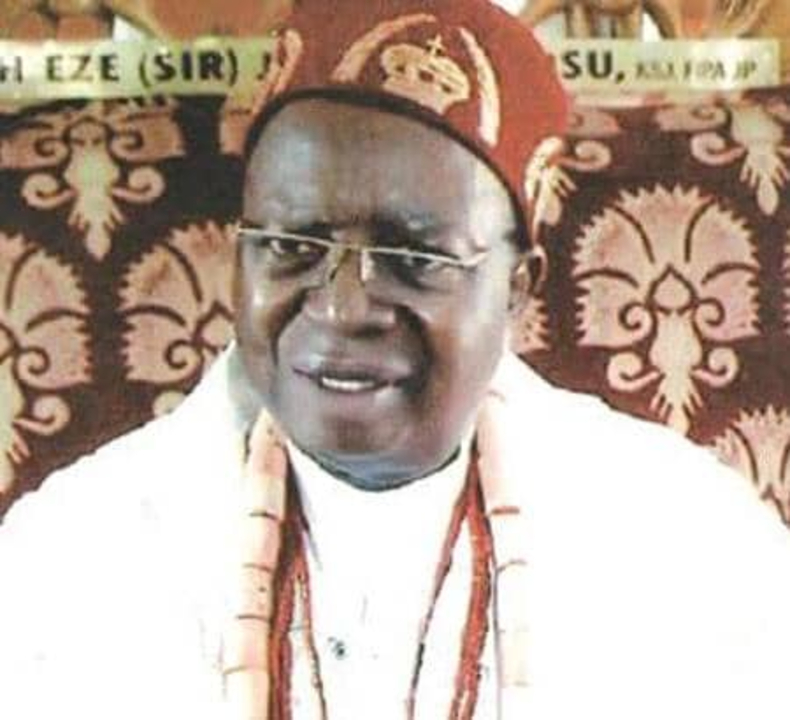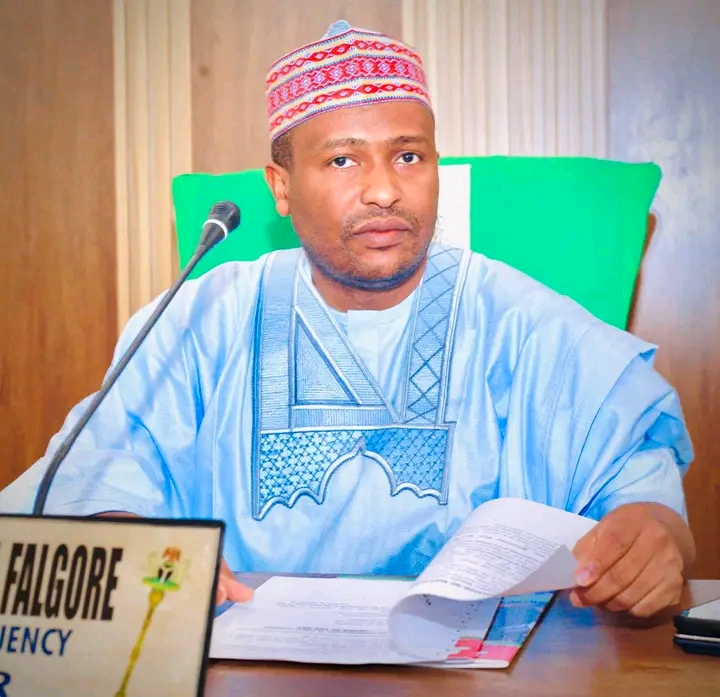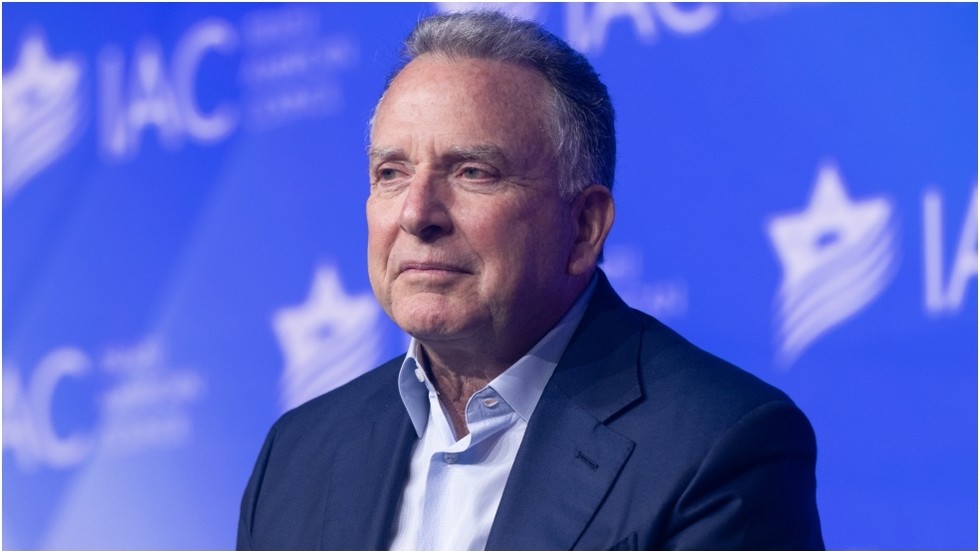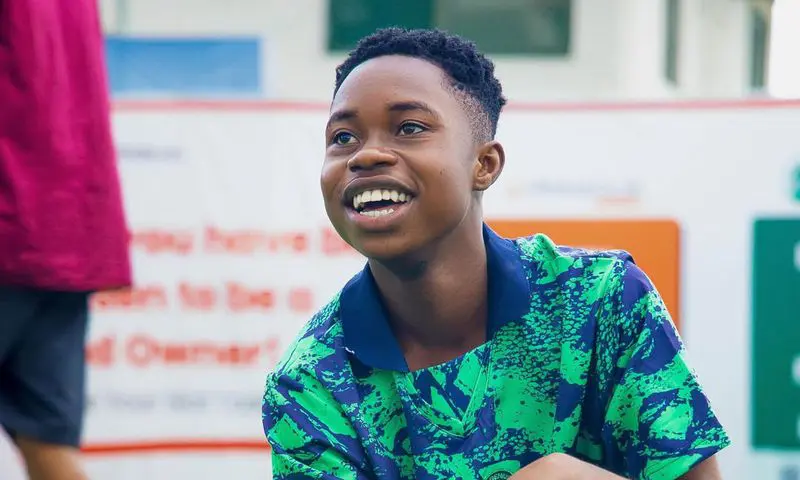Finance officials from G20 nations are convening in Durban this week to negotiate reforms aimed at easing debt burdens and improving access to financing for developing economies, amid calls from African leaders to reshape a global financial system they say exacerbates inequality. Deputy finance ministers and central bank representatives began discussions on Monday, with South Africa—the current G20 president—pushing for tangible outcomes ahead of a broader meeting of finance ministers later in the week.
The talks focus on restructuring debt-distressed economies, addressing liquidity shortages, and bolstering multilateral development banks. Duncan Pieterse, Director-General of South Africa’s National Treasury, emphasized the country’s priorities: “Strengthening the G20’s role in fostering a resilient international financial architecture is critical. We are committed to solutions that enhance debt sustainability and secure financing for development.”
African delegates have underscored the urgency, citing unsustainable borrowing costs that divert funds from healthcare, education, and infrastructure. Rashas Cassim, Deputy Governor of the South African Reserve Bank, noted that the gatherings would also scrutinize systemic drivers of debt accumulation. Advocates argue that existing financial structures disproportionately burden lower-income nations. “The same system that perpetuates inequality is at the root of the debt crisis gripping the Global South,” said Redge Nkosi of the Firstsource Money think tank. “Reforms must prioritize equitable development.”
The gatherings precede a high-level ministerial session starting Thursday, where broader consensus will be sought. However, geopolitical tensions loom over the deliberations. U.S. Treasury Secretary Scott Bessent’s decision to skip the meetings, reportedly due to strained relations with BRICS members, has raised concerns about the potential for deadlock. South Africa, a BRICS participant, has positioned itself as a bridge between blocs, though divisions on issues like debt relief mechanisms and multilateral bank reforms persist.
For many African nations, the stakes extend beyond financial mechanics. Officials hope reforms could unlock progress toward sustainable development goals, including climate resilience and poverty reduction. Yet with global powers at odds, expectations for immediate breakthroughs remain tempered. The Durban meetings serve as a litmus test for the G20’s ability to balance competing interests while addressing what Pieterse termed “a defining challenge of our time.” Success, analysts suggest, may hinge on whether major economies can align short-term fixes with long-term structural shifts.



